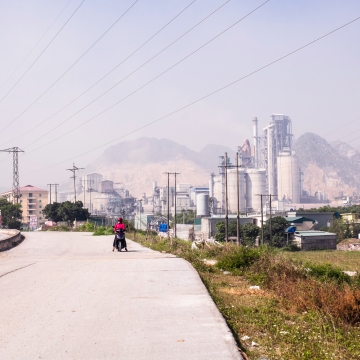
4th Annual CECFEE Research and Policy Workshop
The Center for research on the Economics of Climate, Food, Energy and Environment (CECFEE) of the Indian Statistical Institute, New Delhi, will conduct the 4th Annual CECFEE Research and Policy…


The Center for research on the Economics of Climate, Food, Energy and Environment (CECFEE) of the Indian Statistical Institute, New Delhi, will conduct the 4th Annual CECFEE Research and Policy…

A workshop was organized by the Centre along with the Environment for Development Initiative (EFD) of the University of Gothenburg on October 15th and 16th at Ranthambhore. There were presentations…

AGENDA Monday, November 2, 2015 Morning Introduction and Welcome – E. Somanathan About EfD – Gunnar Kohlin, University of Gothenburg Credit, LPG Stove Adoption and Charcoal Consumption: Evidence from…

Earth Day is turning 50 years this year, celebrated with the theme of "Climate Action". At the same time the world is in lock-down to slow down the spread of COVID-19 - and the climate debate has…
In August 2019 the EfD-Mak Centre was launched. The ceremony brought together representatives from the Swedish Embassy, EfD Kenya, Uganda Government Ministries and agencies, development partners…




